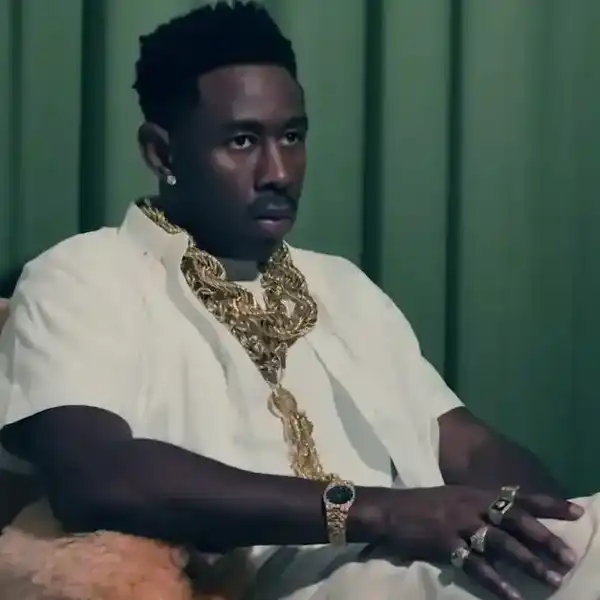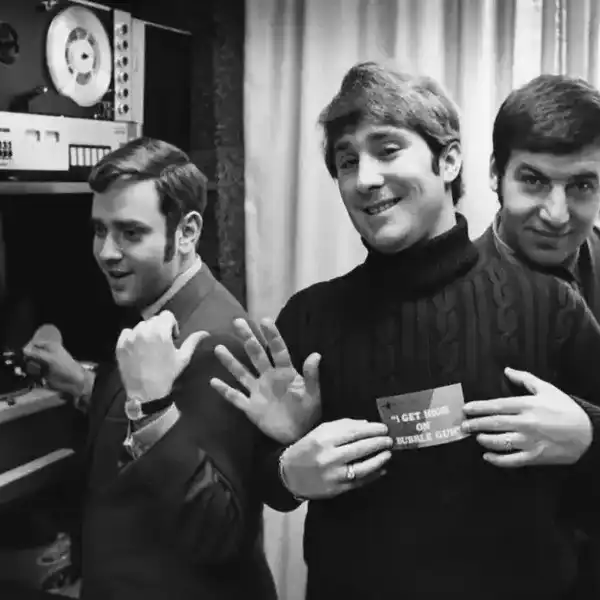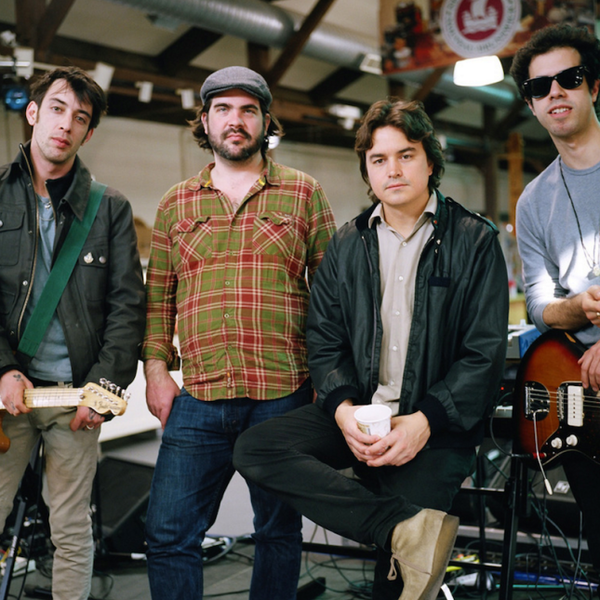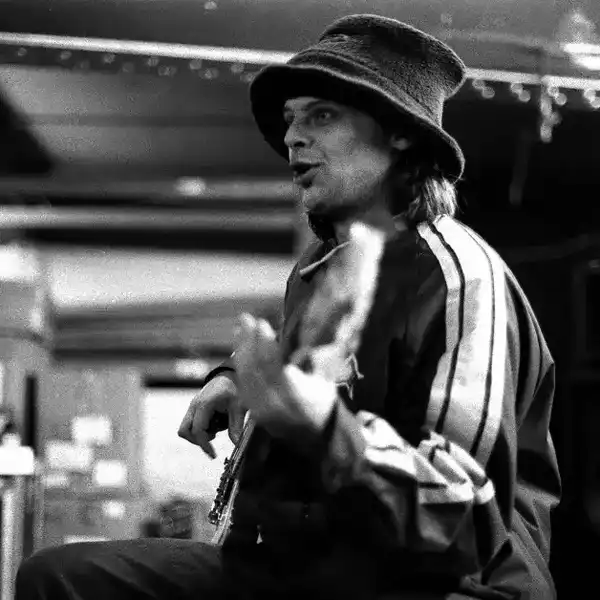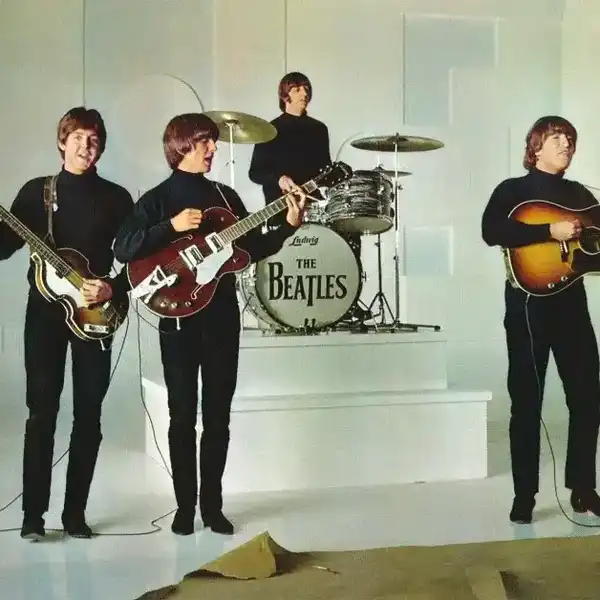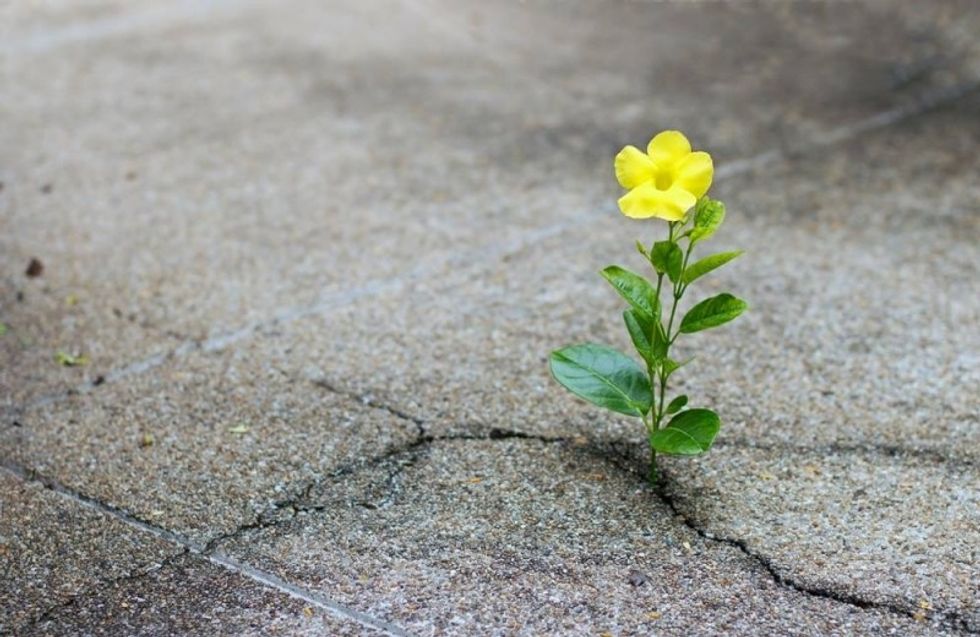
By David Farrell
The almost two-year-old viral epidemic has pushed federal government spending to more than $500B in fighting the invisible job killer with the largest chunk going to benefit programs, and new data from the Canadian Institute for Health Information shows the cost per hospitalization of a covid patient is three times higher than the average cost of someone treated for a heart attack. In raw terms, that’s $23K per victim.
The economic and social harm caused by the virus doesn’t seem to be abating as provincial governments in B.C., Alberta, Saskatchewan and New Brunswick tighten controls on what people can and cannot as new infection numbers spike. The prospect of even more upheaval as temperatures across the country cooling and we spend more time indoors is daunting. We know that indoor environments are breeding grounds for transmission.
Further complicating matters is data released by Amnesty International this week suggesting a meagre 0.3 percent of vaccine doses have gone to low-income countries, many of which have transient populations pushed by war, poverty, and drought.
We also know that the current patchwork of inconsistent regulations, border restrictions and financial aid packages cannot continue, so it’s time to rethink our approach in dealing with this invisible monster.
We can debate the cost and political thinking behind the recent federal election, but it’s fair to suggest that Prime Minister Trudeau took a calculated gamble in pushing back on popular sentiment and calling for a vote at the ballot box. It's also fair to suggest that his call was a calculated gamble to check-mate the possibility of a non-confidence vote in The House as unease increased within his own party and his political adversaries grew more combative.
Using this thesis it's fair to assume that before the first vote was cast, the PM and his colleagues had had informal backroom discussions with opposing political party leaders. This is to suggest the PM was aware that the current state of affairs in fighting the pandemic is unworkable.
So, the first push-back is to create a national covid passport, aligning the rules and regs across all provinces and the territories.
Second, tightening border controls and increasing border control budgets to stymie transmission crossing into our country.
Third, some sort of carrot and stick be employed to sell anti-vaxxers that refusal to take the jab has consequences.
Fourth, that a co-ordinated package of financial enhancements be expanded to help businesses acclimate to the new world and get people back to work in some staggered fashion.
And, last, we come to accept that this pathogen is here to stay for the foreseeable future.
With luck, the influenza will abate, just as the so-called Spanish flu did at the end of WW 1. We learn to live with the virus, just as we have learned to live with winter flues and accept there are going to be hospitalizations. Even deaths–but the numbers become acceptable, just as we accept that flues and other illnesses are awful, and inevitable. It's a subject that The Globe and Mail's André Picard has explored and written about in the past few weeks.
More jabs, new anti-viral vaccines that mirror what we have become used to in combatting mutating winter flu viruses, and there is hope that the so-called herd immunity will help shape our future. Better still, the damned pathogen just withers into the shadows until the next pandemic–sadly, the likelihood of which is more than not.
Canada needs a national policy that creates best-in-practice rules and regs allowing us all to get on with our lives. Whether general populations are going to be willing to return to arenas and intimate clubs is a fool’s guess, but in the event the timeline for a psychological acceptance that it’s a flu and if we are properly inoculated means we can feel relatively safe, then there’s hope in a future closer than we think.
Whatever transpires, we must believe that Trudeau and his Hill–billies have a strategy that creates national policy and that the patchwork of inefficient rules and regs take a backseat in order to kill what’s killing us all in some fashion or other.


